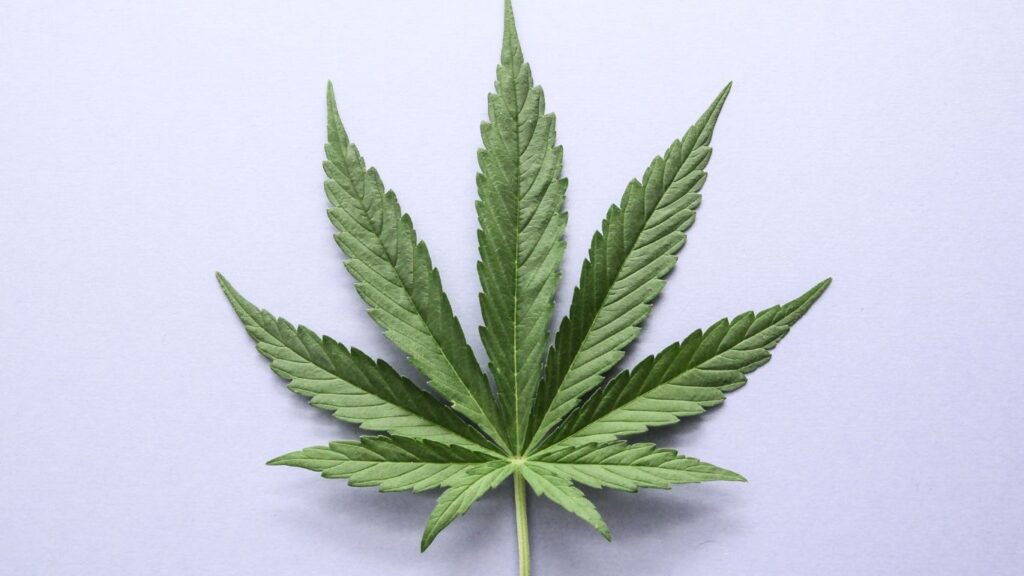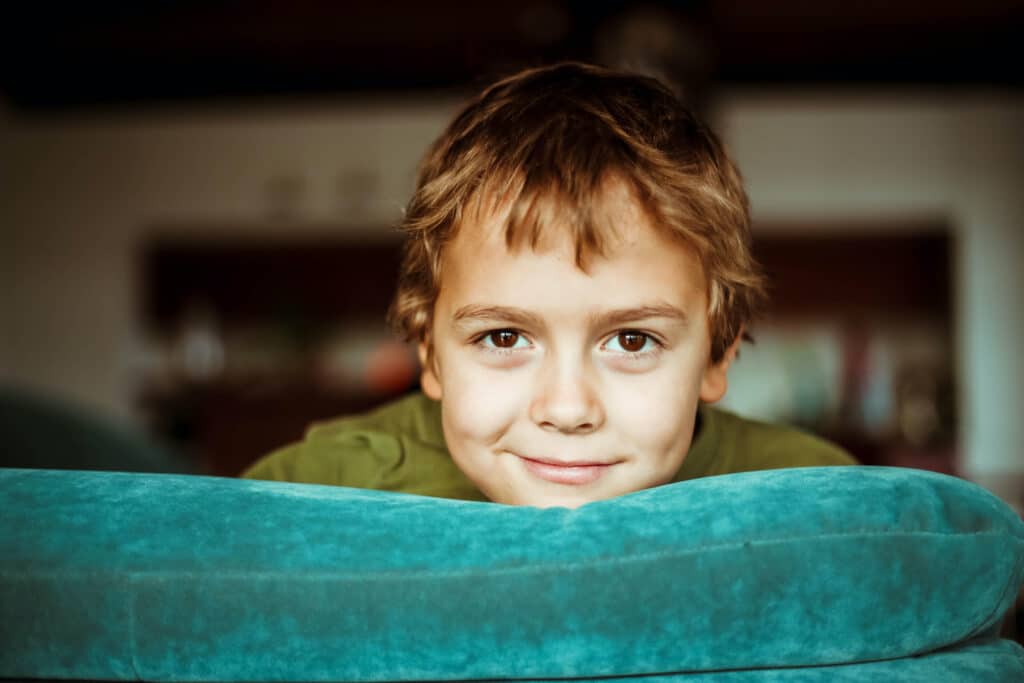
Non-medical cannabis became legal across Canada as of October 17, 2018. The Ministry of Children and Family Development (MCFD) amended policy in consideration of the health and safety of the children and youth in our care and to align with the Province’s new cannabis legislation. Below outlines the key points about cannabis legalization, followed by information about ministry policy on cannabis cultivation.
Safety
Cannabis and cannabis products (including but not limited to cannabis in form of fresh or dried leaf, oil, food, and drink) are treated like alcohol and tobacco in terms of guarding against access and use by children and youth in care. The minimum age to possess, purchase, grow, and consume non-medical cannabis in BC is 19 years old.
If parents choose to have cannabis products, the products must be safely and securely stored in a manner that is inaccessible to children and youth in their home.
Cultivation
Parents who wish to cultivate non-medical cannabis will need to do so safely and align with the provincial limits for home cultivation (up to four plants per household). MCFD also retains the ability to do a case-by-case assessment and restrict the presence of non-medical cannabis in a home based on the particular needs of the child or youth in care.
Use
MCFD prohibits smoking or vaping cannabis within enclosed physical environments where children or youth in care are present. This is in addition to the provincial prohibitions on public consumption of cannabis.
Quick facts on legalization of cannabis:
- The minimum age to possess, purchase, grow and consume cannabis in B.C. is 19 years old.
- Adults 19+ will be able to purchase non-medical cannabis through privately run retail stores or government-operated retail stores and online sales.
- Adults 19+ may possess up to 30 grams of non-medical cannabis in a public place.
- Those under 19 years will be prohibited from possessing any amount of non-medical cannabis; however, under federal law, youth aged 12 to 18 would not face criminal prosecution for possessing small amounts of cannabis (up to 5 grams).
- Adults 19+ can generally smoke or vape cannabis in public spaces where tobacco smoking and vaping are allowed. There is a ban on smoking or vaping cannabis in parks, playgrounds, and other public areas commonly used by children. The Ministry of Children and Family Development prohibits smoking and vaping cannabis within enclosed physical environments where children or youth are in care, including in vehicles.
- Drug-impaired driving will continue to be illegal. B.C. will toughen provincial regulations to give police more tools to remove drug-impaired drivers from the road and to deter drug-impaired driving.
- B.C. will allow adults 19+ to grow up to four cannabis plants per household, as long as those plants are not visible from public spaces off the property. Landlords and strata councils will be able to restrict or prohibit home cultivation.
MCFD Policy on Cannabis Cultivation
Child care
Home cultivation of non-medical cannabis is banned in dwellings used as licensed child care.
Foster Caregivers and Prospective Adoptive Families
Foster caregivers, out-of-care care providers, sub-contracted family care home caregivers and prospective adoptive families are permitted to grow cannabis under the new provincial cannabis legislation. Care providers who wish to cultivate cannabis will need to do so safely and align with the provincial limits for home cultivation (up to four plants). The Ministry of Children and Family Development also retains the ability to do a case-by-case assessment and to restrict the presence of cannabis in a home based on the particular needs of the child/youth in care.
Contracted Residential Care
B.C. cannabis legislation states that an adult must not grow non-medical cannabis in a home unless the adult ordinarily resides in the home. Caregivers employed by a staffed residential resource rotate through their shifts and maintain a residence elsewhere when they are away from work. Therefore, cannabis must not be cultivated in a staffed residential resource since it is the home in which the caregiver is employed and not their personal place of residence.
Edibles
As of October 17, 2019, federal cannabis regulations allow commercial production and sale of three new classes of cannabis products:
- Edible cannabis, such as baked goods and beverages;
- Cannabis extracts, such as vaping liquids, tinctures, wax, hash and cannabis oil; and
- Cannabis topicals, such as creams, lotions and balms, and similar products that are meant to be applied to a person’s skin, hair or nails.
The Ministry of Children and Family Development recognizes that edibles may pose a risk to children and youth given that food items made with cannabis (i.e. baked goods; candy) are often indistinguishable from non-cannabis based food products.
Cannabis and cannabis products are treated like alcohol and tobacco in terms of guarding against access and use by children/youth in care. If caregivers choose to make their own edible cannabis products, then the products must be safely and securely stored in a manner that is inaccessible to children/youth in the home.
Delegated workers who are responsible for assessing caregivers in foster homes and sub-contracted family care homes will confirm that caregivers are storing cannabis plants and cannabis products (including but not limited to cannabis in form of fresh or dried leaf, oil, food, or drinks) in such a way that they are inaccessible to children/youth in the home.
Please visit www.getcannabisclarity.ca for further details on cannabis legalization.

